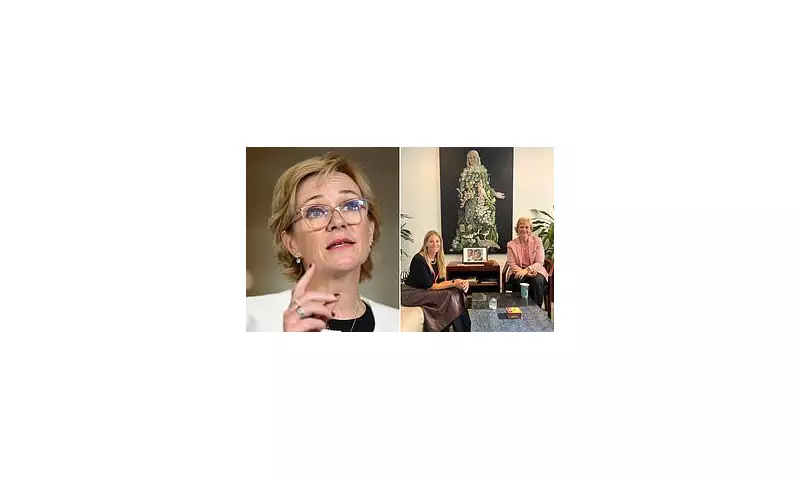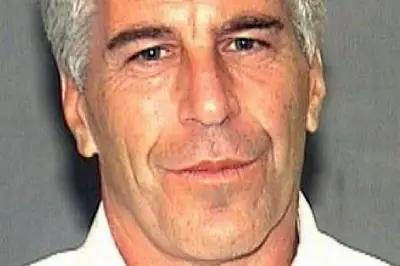
In a striking act of political defiance, Independent Member for Warringah Zali Steggall has personally taken up a paint roller to cover a controversial mural endorsed by visiting US conservative commentator Charlie Kirk. The incident, which unfolded on the streets of Manly, has ignited a fiery debate about the boundaries of free speech and the nature of political protest in Australia.
A Direct Response to a Divisive Message
The source of the controversy was a mural bearing the phrase "It's okay to be white," which Kirk, founder of the right-wing group Turning Point USA, had commissioned during his Australian tour. The slogan, often associated with far-right and white nationalist groups, was painted on a legal street art wall in the upmarket suburb of Manly, within Steggall's electorate.
Steggall, an Olympic skiing champion turned politician, did not hesitate to respond. Armed with teal paint—a colour that has become synonymous with the independent political movement she represents—she directly painted over the message, stating her actions were a stand against importing "divisive overseas culture wars."
The Clash of Ideologies
The event represents a stark clash of political ideologies. Kirk, a prominent figure in America's culture wars, defended the mural as a harmless statement of self-acceptance. However, critics argue the phrase is a well-known dog whistle, a seemingly innocuous statement used to covertly signal support for racist ideologies.
Steggall was unequivocal in her condemnation. "This is not a message we welcome in Warringah," she declared, emphasising her commitment to representing a community that values inclusivity and diversity. Her actions have been met with both fervent support and criticism, highlighting the deep divisions in modern political discourse.
Legal and Ethical Questions
The incident also raises complex questions about the legality of political expression. While the mural was painted on a designated legal street art wall, Steggall's decision to remove it herself ventures into a grey area. The act transforms from mere political disagreement into a tangible, physical response, challenging conventional norms of political engagement.
This hands-on approach by a sitting federal MP is virtually unprecedented, blurring the lines between representative governance and direct activism. It sets a remarkable precedent for how politicians might choose to engage with—or physically dismantle—messages they find objectionable within their constituencies.
Community Reaction and National Implications
Reactions from the Manly community and the wider Australian public have been mixed. Supporters laud Steggall's decisive action as a powerful stand against hate speech, praising her for protecting community values. Detractors accuse her of censorship and undermining the principle of free speech, regardless of the message's content.
The confrontation underscores a broader national conversation about the influence of imported American political tactics and rhetoric on Australian society. Steggall's very public rebuttal sends a clear message that some Australian politicians are willing to actively resist this influence, setting the stage for further clashes as global political figures increasingly extend their reach into the country.





